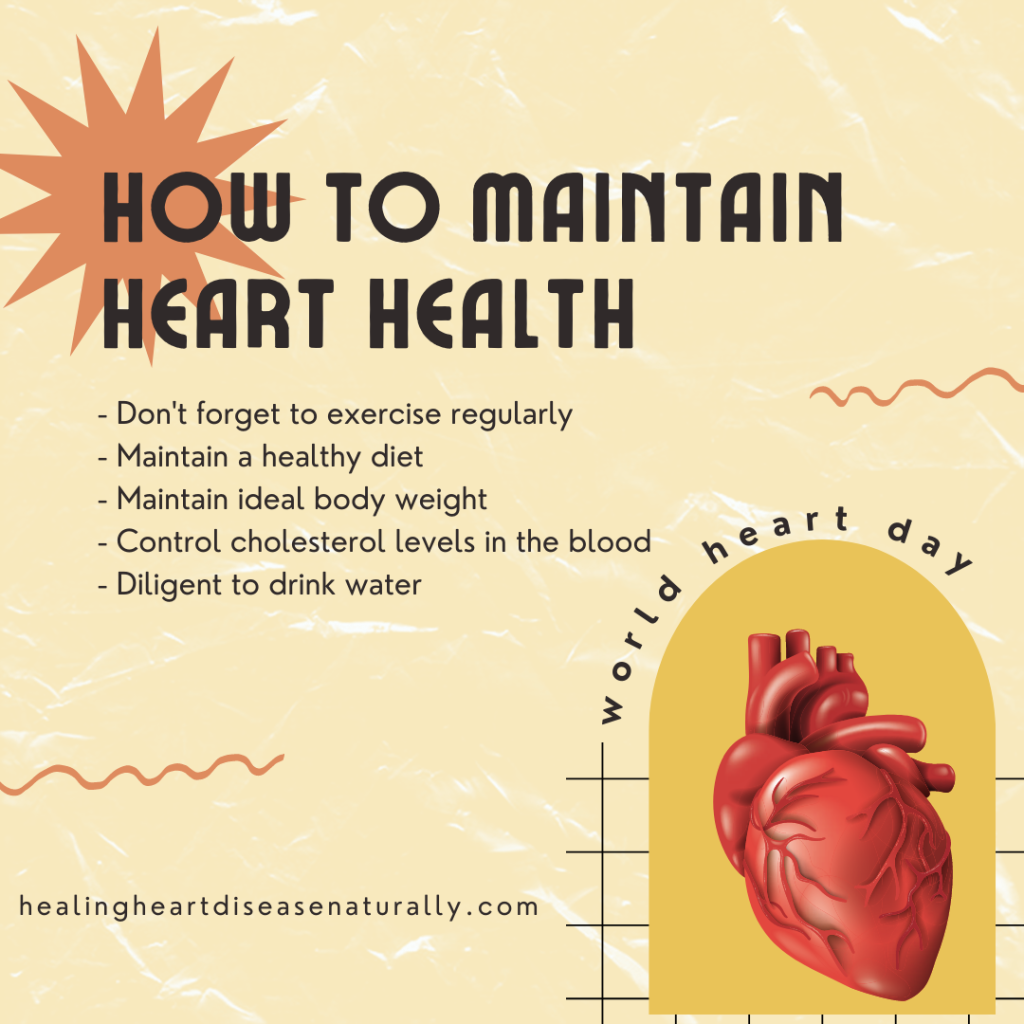Sudden Cardiac Arrest and African American Women
In celebration of February as being heart health month, I decided to do a series about the devastation that heart disease has caused in the African-American community. In part one, I talked about how we grew up on a farm in Southern Georgia, and we lived a very happy life.
We harvested fruits and vegetables, and we raised our own meats. After our Patriarch and Matriarch passed away, we sold the farm, and we move to a big city in Florida. This is when our family’s health started to change.
As I stated earlier, my grandparents were the epitome of good health they both lived to be in their 80s. My grandparents had three children: two girls and one boy.
My aunt went to the doctor’s because she was complaining of severe fatigue, a nonproductive cough, and swelling to her legs.
She had these symptoms for about four months on and off. When she finally went to the doctors, she was diagnosed with high blood pressure and bronchitis. She was told to go to the emergency room.
When she got to the emergency room, she was admitted because her chest x-ray was abnormal.
While in the hospital, she had an Echocardiogram. An echocardiogram is a diagnostic test that doctors use to assess the function of the heart, specifically the left ventricle.
The echocardiogram showed that she had a low ejection fraction. She was diagnosed with congestive heart failure.
This was the first cardiac diagnosis in our family. She was sent home with multiple medications to take. She has lived with congestive heart failure for about 15 years. Her main symptoms are fatigue, and sometimes shortness of breath.
My grandmother’s son, or my uncle, moved to California when he was in his early 20s. He lived there for about 40 years then he moved back down south. After he moved down south, he started working and started acclimating himself from California to Florida.
After a while, he started to lose weight and developed a paleness to his skin. Of course, men don’t like to go to the doctors, so he did not go to the doctors to have any tests done. After three or four months, he continued to become ill, and my aunt finally convinced him to go to the doctor.
When he finally went to the emergency room, he was found to be in renal failure, diabetes, and congestive heart failure. This was now the second diagnosis of congestive heart failure in our family. He died after 2 years of heart and kidney failure.
Finally, my dear mother was never diagnosed; but she had a sudden cardiac arrest at home. When I think back on it, she did have signs. She was complaining of severe fatigue, and pain in her left shoulder. She was also under a tremendous amount of stress. This happened 15 years ago.

Related Articles
Cardiac Rehabilitation After a Heart Attack
Normal Cholesterol and You Still Had a Heart Attack
Can Eating Chili Peppers Stop a Heart Attack?
Sudden Cardiac Arrest and African American Women
Sudden cardiac death, a major health concern in the United States, is particularly prevalent among African American women.
Often, it takes the form of sudden cardiac arrest, an event that can occur without warning and frequently results in death.
The causes of this problem are multifaceted, including coronary artery disease, heart attacks, and disruptions to the heart’s electrical system. However, the prevention and management of these issues can drastically reduce the risk of cardiac arrest.
Why is Sudden Cardiac Arrest a Concern for African American Women?
The risk of sudden cardiac arrest is higher among African American women for several reasons. Firstly, African American women tend to have a higher prevalence of certain health conditions that increase the risk of heart disease and subsequent cardiac arrest. These include high blood pressure, diabetes, and obesity.
Moreover, socio-economic factors can influence these health risks. For instance, limited access to quality healthcare can lead to these conditions going undiagnosed or untreated. Socioeconomic stressors, unhealthy dietary habits, and limited physical activity due to unsafe environments can also contribute to increased heart disease risk.
Symptoms and Warning Signs
Sudden cardiac arrest often occurs without warning. However, some people may experience symptoms like chest discomfort, shortness of breath, dizziness, or fainting in the hours, days, or weeks before the event. Unfortunately, these symptoms are often overlooked or misunderstood.
Prevention and Treatment
Understanding the risk factors is key to preventing sudden cardiac arrest. Regular check-ups with a healthcare provider can help manage health conditions that increase cardiac arrest risk. Adopting a healthier lifestyle by incorporating a balanced diet, regular physical activity, and avoiding tobacco and excessive alcohol can also help protect heart health.
In the event of a sudden cardiac arrest, immediate action is critical. Cardiopulmonary resuscitation (CPR) should be started right away, and emergency medical services should be called immediately. Unfortunately, studies have found that African American women are less likely to receive bystander CPR, emphasizing the need for widespread CPR training in all communities.

Understanding Sudden Cardiac Arrest
One primary cause of sudden cardiac death in African American women is a heart attack, or myocardial infarction. This event happens when blood flow to a section of the heart is blocked, usually by a blood clot. The obstruction can damage or destroy part of the heart muscle, triggering a heart attack.
Another leading cause is coronary artery disease. This condition occurs when the main arteries, which supply the heart with blood, become damaged or diseased, often due to the buildup of cholesterol and other substances. These blockages can limit the heart’s blood flow and lead to a heart attack.
Risk Factors Among African American Women
Certain risk factors make African American women more susceptible to heart conditions. High blood pressure, for example, is more common in African Americans and can strain the heart, heightening the risk of heart disease and cardiac arrest.
Research findings also suggest racial disparities in heart disease rates. African American communities often report higher rates of heart disease and sudden cardiac death. These disparities could be due to a variety of social, environmental, and economic factors, including limited access to quality healthcare, unhealthy dietary habits, lack of physical activity, and heightened stress levels.
African American women face several unique risk factors that contribute to higher rates of heart disease, including sudden cardiac arrest. These risk factors encompass both medical conditions and socio-economic aspects that can influence overall heart health.
Medical Risk Factors
- High Blood Pressure: African American women are more likely to have high blood pressure, a condition that can put extra strain on the heart and lead to heart disease.
- Obesity and Overweight: Higher rates of obesity among African American women can lead to increased risk of heart disease and other related conditions like diabetes.
- Diabetes: African American women have higher rates of diabetes, a condition that can significantly increase the risk of heart disease.
- Genetic Factors: Some heart conditions are hereditary, and African American women may inherit genes that increase their risk of heart disease.
Socio-Economic Risk Factors
- Access to Health Care: Limited access to quality health care can mean that conditions like high blood pressure or diabetes go undiagnosed or untreated, increasing the risk of heart disease.
- Diet and Physical Activity: Socio-economic factors can influence diet and access to safe places for physical activity. Diets high in unhealthy fats and sugars, along with limited physical activity, can contribute to obesity and heart disease.
- Stress: High levels of stress, often associated with socio-economic disadvantage, can contribute to high blood pressure and other heart disease risks.
- Tobacco and Alcohol Use: While these risk factors are not exclusive to African American women, tobacco use and excessive alcohol consumption can significantly increase the risk of heart disease.
- Health Education: Limited access to health education can result in lower awareness about heart disease risk factors and prevention methods.
Understanding these risk factors is the first step in reducing the higher rates of heart disease in African American women. Addressing both the medical and socio-economic risk factors through improved healthcare access, health education, and community support can lead to better heart health outcomes for this population.
Young Women and Cardiac Arrest
Although sudden cardiac arrest is less common in young people, it can still occur. In these cases, inherited heart conditions, certain medications, and trauma can all contribute. Regular health screenings can help identify any potential heart conditions in younger women early on, allowing for effective treatment and improved outcomes.
Prevention and Response: A Lifesaving Combination
Recognizing the symptoms of heart conditions is critical. Chest pain, shortness of breath, or fainting can be indicators of heart disease and should prompt immediate medical attention.
Preventive measures are key to reducing the risk of heart disease and sudden cardiac arrest. Regular physical activity, a balanced diet, and regular check-ups with a healthcare provider can significantly reduce the risk of heart disease.
In the event of sudden cardiac arrest, immediate cardiopulmonary resuscitation (CPR) can be a lifesaver. Yet, research shows that African American women are less likely to receive bystander CPR, contributing to higher rates of death from cardiac arrest. Public education about the importance and technique of CPR, especially in African American communities, can help address this issue.
Healthcare providers have a vital role in guiding African American women on their risk of heart disease and aiding in the management of potential health conditions. This guidance is critical in both preventing and managing cardiovascular disease.
Conclusion
Sudden cardiac death, specifically sudden cardiac arrest, is a serious concern among African American women. Understanding the risk factors and adopting preventative measures are vital for combatting this health issue. A combination of lifestyle changes, medical intervention, and increased public awareness can contribute to better heart health and a decrease in sudden cardiac arrest incidents.
References
https://pubmed.ncbi.nlm.nih.gov/36302590/




